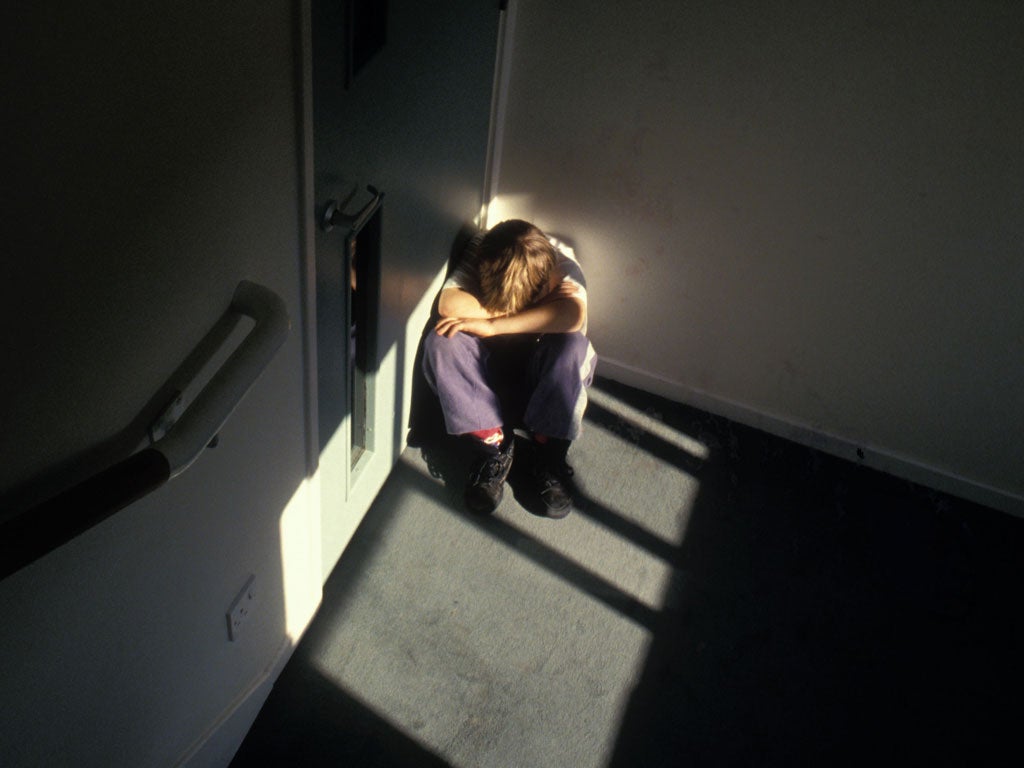If every one of us is vigilant we can stop the next Savile
Donald Findlater says it is the job of all adults to protect the young

"We must learn the lesson" has been the oft-repeated refrain over the past weeks in response to the revelations about Jimmy Savile's abuse of children and very vulnerable young people. We have demanded it of churches, children's homes, police officers and social workers. The many hundreds of serious case reviews published by local Safeguarding Children Boards following the abuse of many children over recent years each include such lessons. And the wisdom gained from these has found its way into the policy and practice of many who work with children and have their best interests at heart.
There were a lot of lessons to learn from Soham, as the Bichard inquiry confirmed, such as police sharing of information across force boundaries and training in safer recruitment for senior school staff. Both, of course, are pertinent to the Jimmy Savile case.
I am confident that there have been improvements in recent years. However, I wonder whether we are really prepared to do what it takes to tackle child sexual abuse in the UK. We often conclude that police need to arrest more abusers, prosecutors need to prosecute more, and social workers support more children and collect more evidence. When we remember, we might even demand more services for survivors of abuse. And with so much evidence currently of "bystanding" by so many, we also debate or demand mandatory reporting.
But most child sexual abuse is not at the hands of a worker, a volunteer or a celebrity, but in our communities, in our homes, at the hands of extended family, neighbours, other young people. Any strategy to tackle abuse within institutions – schools, children's homes, the BBC – will only impact a fraction of the problem.
We need a comprehensive strategy to prevent child sexual abuse, that aims to stop abuse before it starts. Adults need education about the realities of abuse – how it happens, the signs to look for, where to go for help. Children need education that builds their confidence and self-esteem, provides age-appropriate sex education, teaches assertiveness and respect, and clarifies the difference between good and bad touch. They need to know how others should behave towards them and when to seek help from a trusted adult.
I do not wish to create a climate of mistrust, yet the Savile case reminds us so graphically that some will aim to exploit trust. If we learn to recognise the signs of concerning or abusive behaviour, we can see them as and when they arise, in whoever they arise, and not simply assume everyone to be a risk. And when we see such signs, we must act, maybe reporting to police, children's services or an employer.
Most organisations working with children have a "whistleblowing policy", enabling workers to report concerns in confidence, even anonymously. When concerns arise outside the workplace, the confidential helpline Stop it Now! (0808 1000 900) helps callers decide upon the best course of action that, at a minimum, results in children being safe. It has seen a 50 per cent rise in calls this month.
The first action of the Home Office's Child Sex Offender Review in 2007 was to provide information to parents on how to keep their children safe from child sexual abuse. Those who attend Parents Protect! seminars or visit parentsprotect.co.uk say the information is invaluable and their confidence is vastly increased. But, sadly, most who hear about the seminars or website ignore them, in the belief that protecting children is the job of police officers and social workers. But as at least one in 10 children in the UK are victims of child sexual abuse, mostly unreported, these professionals cannot know the identity of most abusers or pinpoint where it is yet to occur.
To become proactive protectors of children, we must all be vigilant and responsive in our communities, families, children's homes, churches and everywhere that children go. With time, we should then begin to see a decline in the shameful scale of child sexual abuse in the UK, and its terrible legacy.
Donald Findlater is a director of the Lucy Faithfull Foundation, the child protection charity: www.lucyfaithfull.org
Join our commenting forum
Join thought-provoking conversations, follow other Independent readers and see their replies
Comments
Bookmark popover
Removed from bookmarks